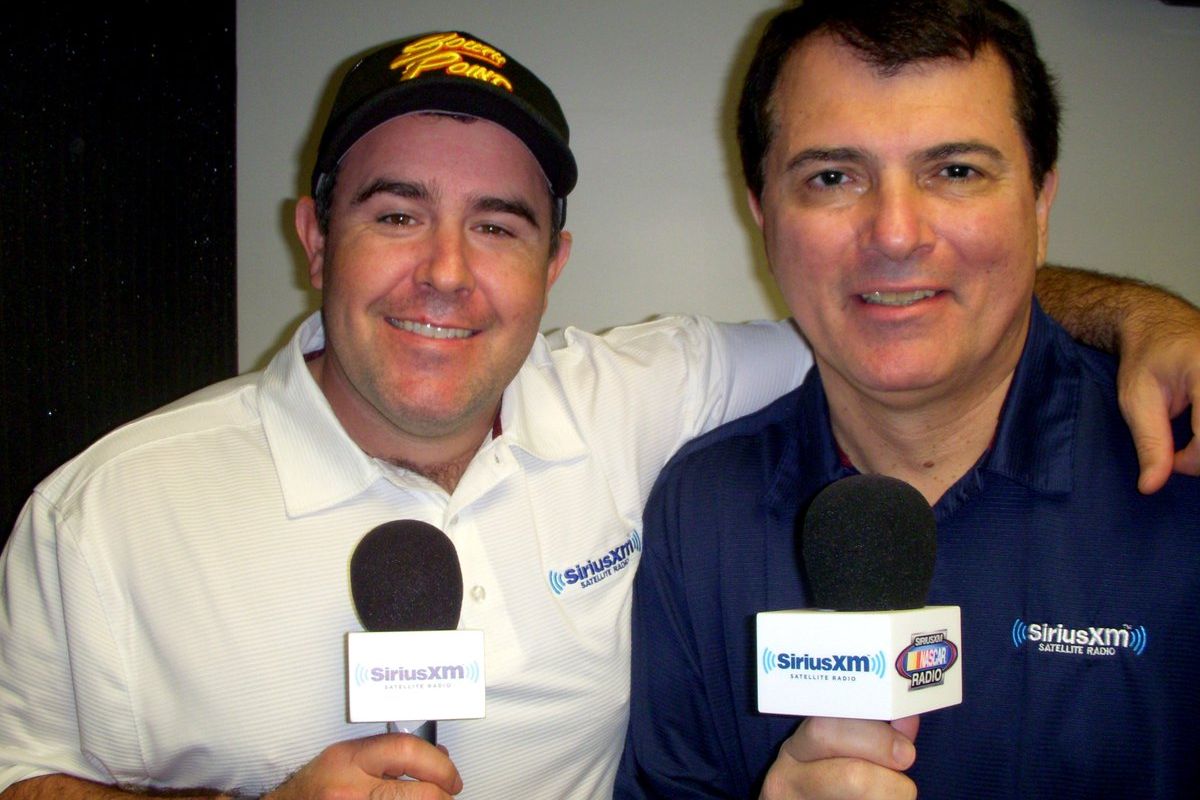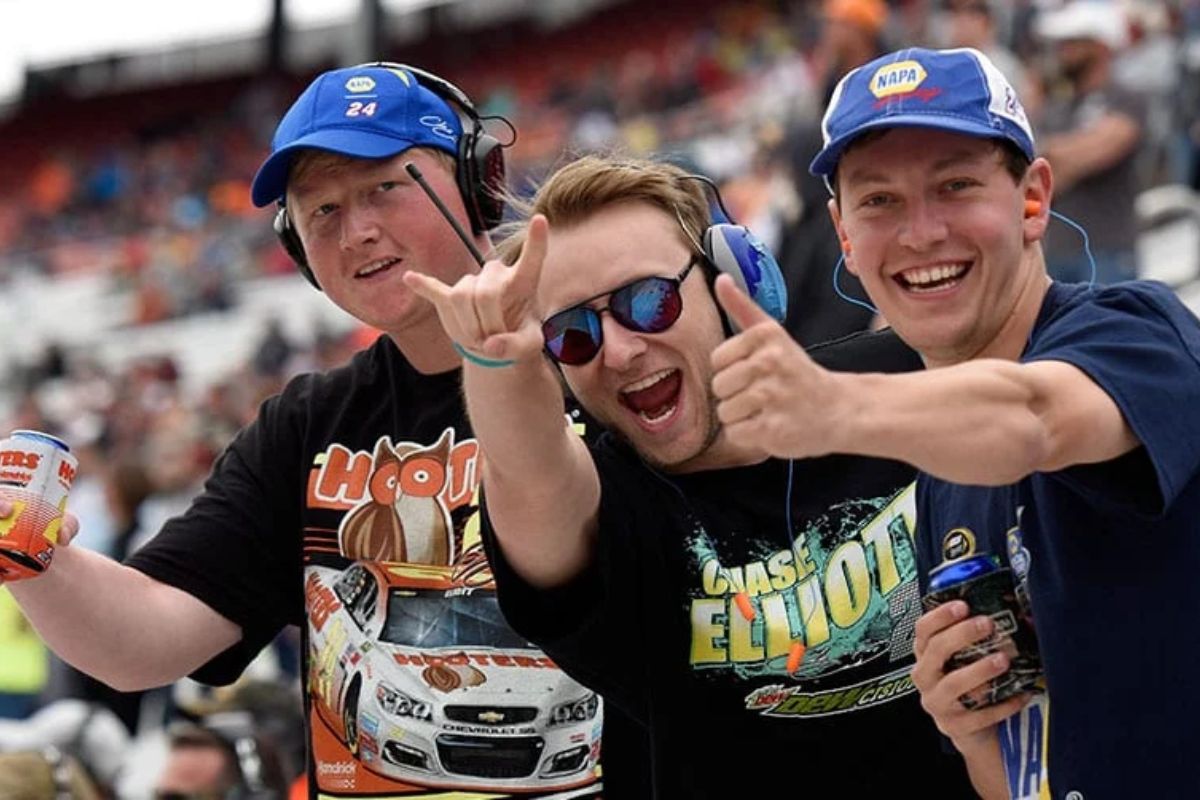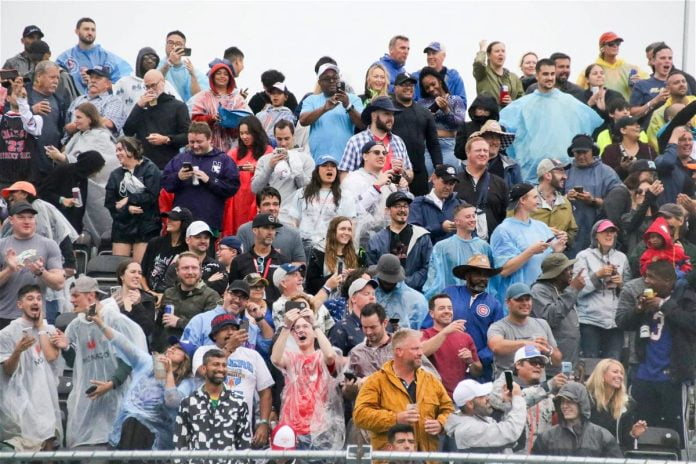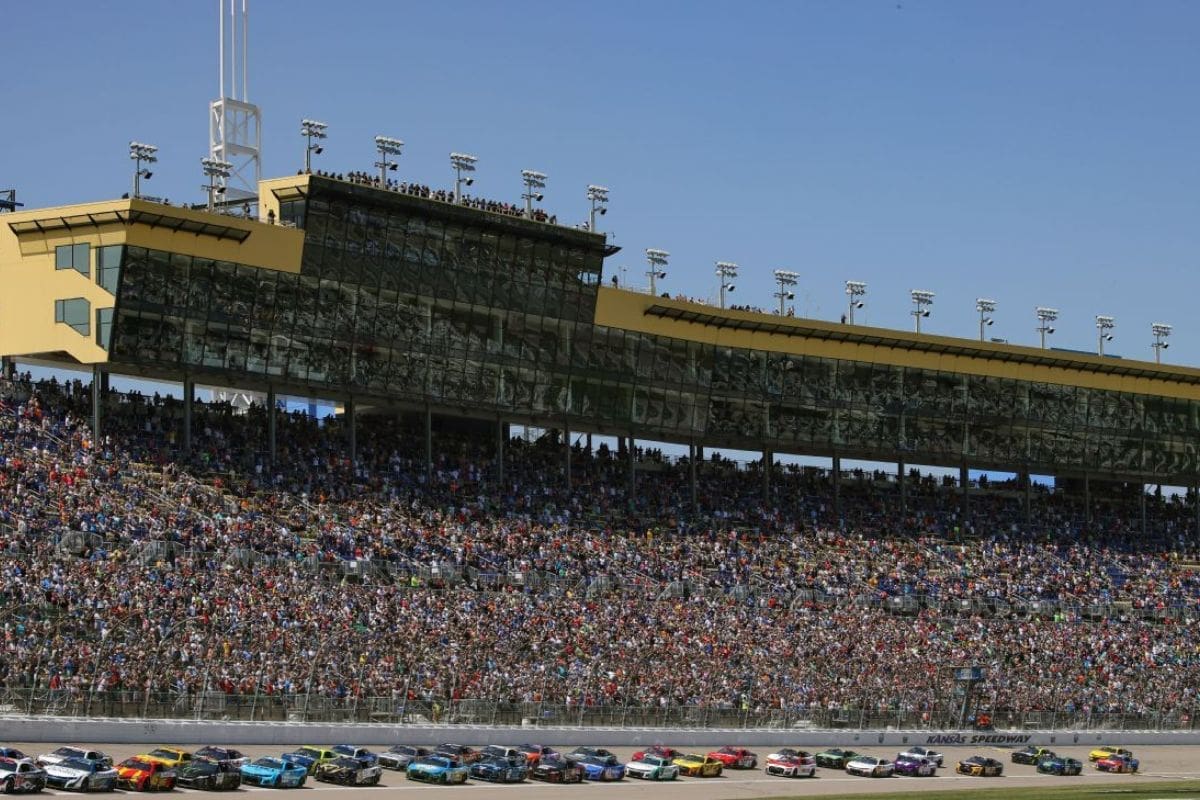Pistone’s Controversial Stand: In the recent controversy surrounding Pistone’s stance on NASCAR’s decision to curtail practice sessions, has started within the fan community, reflecting broader tensions about the evolution of the sport. This policy change, aimed seemingly at reducing costs and streamlining operations, has not only challenged traditional race preparations but also stirred a debate over its implications on competitive fairness and spectator satisfaction.
Key Takeaways
- Pistone criticized NASCAR’s reduction of practice sessions, sparking widespread debate among fans.
- Fans are concerned that shorter practice times may compromise race safety and quality.
- Some fans support Pistone, believing longer practices enhance driver preparedness and competitive integrity.
- Others argue the change could make races more unpredictable and exciting.
- The controversy highlights a divide between traditional NASCAR values and modern operational changes.
Controversial Move by NASCAR
NASCAR’s decision to permanently reduce practice sessions for Cup races has sparked significant debate within the motorsport community, highlighting a divide between the organization’s vision and the preferences of its drivers and teams. Initially implemented as a temporary measure during the COVID-19 pandemic, this policy shift was intended to streamline operations and minimize health risks. However, its continuation into the post-pandemic era suggests a strategic change by NASCAR, aimed at altering the competitive landscape of the sport.
The reduction in practice time fundamentally changes how teams prepare for races. Traditionally, these sessions have been vital for fine-tuning car setups and strategizing race day performance based on real-time data gathered on the track. Drivers like Kyle Busch and Brad Keselowski, who thrive on preparation, have voiced concerns that less practice time compromises their ability to optimize performance and adjust to varied track conditions.
On the other hand, NASCAR officials, including Elton Sawyer, argue that the change enhances the unpredictability and excitement of races, potentially attracting a new audience demographic. This perspective is supported by some within the industry who believe that reduced practice demands more adaptability and resourcefulness from teams, possibly leveling the playing field.

Limited Practice Sessions Debate
The debate over NASCAR’s reduced practice sessions intensifies as stakeholders weigh the potential impacts on race quality and team preparedness. The reduction from 50 minutes to a mere 20 minutes of practice time before races in 2024 has sparked widespread concern among teams and fans alike, who argue that this significant decrease could reduce the competitive nature of races and can cause problem in the performance of drivers and teams.
- Safety Concerns: Less time on the track means less time for teams to fine-tune their vehicles and for drivers to acclimate to racing conditions, potentially increasing the risk of accidents and equipment failure during races.
- Critical Disparity: Newer and less financially rely heavily on practice sessions to optimize their setups and strategize. Reduced practice time could widen the performance gap between these teams and the well-established teams with more resources.
- Driver Development: For rookies and less experienced drivers, practice sessions are essential for gaining confidence and experience on various tracks. Limiting this time could stifle their development and impact their performance during actual races.
Despite Pete Pistone’s assertion that reducing practice time won’t affect the quality of racing and his critique of empty grandstands during practice sessions. It’s clear that while some may view the reduction as a move towards efficiency and cost-saving, others see it as a threat to the sport’s integrity and the safety of its participants.
I’m beyond tired of the “we need more practice “ cry from fans – A) It won’t make the racing any better and B) Here’s a live look at the grandstands that for whatever reason those Friday practice sessions some fans want back https://t.co/arhNYH2PLd pic.twitter.com/tv4SQU0ybY
— Pete Pistone (@PPistone) April 19, 2024
Support for Limited Practice Sessions
Despite the concerns raised about reduced practice sessions, some voices within the industry, including Elton Swayer, argue strongly in favor of the changes, showing data that supports an improvement in the racing product. Swayer’s endorsement of this approach rests on a thorough analysis that use historical data sets with current performance metrics. He emphasizes that the reduction in practice time has not only maintained but, in some respects, enhanced the competitive nature of races.
“I would say if you look at the data as well as the eye test, our product on the racetrack is as good as it’s ever been.”-Swayer
It becomes apparent that limited practice sessions could potentially lead to a more leveled playing field. Teams with less financial backing, who might not have the resources for extensive pre-race testing, find themselves on a more equal footing with the top-tier teams.
Moreover, the argument for reduced sessions aligns with broader trends in motorsports towards more sustainable practices. Less practice time translates to reduced fuel use and tire wear, aligning with the industry’s growing commitment to environmental stewardship. This strategic reduction could serve dual purposes: enhancing the sport’s appeal to a new, environmentally conscious audience, while also preserving the mechanical integrity of vehicles through less wear and tear.

Fan Reactions and Concerns
Amid growing discontent and skepticism, NASCAR fans have voiced strong opinions regarding the reduction in practice sessions, highlighting a divide between the sport’s economic strategies and the preferences of its most ardent supporters.
“Fans want to watch it on tv, people who pay to camp and be in the infield, or spend the whole weekend at the track want it. Tracks and nascar don’t want to staff for 10-20% of the fanbase wanting something because they don’t see a profit from it”
“People do realize that drivers and crew chiefs are “practicing” in the simulators during the week, right? Getting testing in without the additional team costs for fuel, tires, travel, etc. Seems like a good solution instead of racing with no one in the grandstands,”- fans wrote
- Loss of Fan Engagement: Fans argue that practice sessions offer a unique opportunity to engage more intimately with the sport. They provide a behind-the-scenes look at team strategies and driver skills that are not as visible during the main events.
- Economic Implications for Attendees: Reducing practice sessions may decrease operational costs for tracks and organizers, but it also potentially lowers the value for attendees who invest in multi-day tickets. Fans feel this shift prioritizes short-term profitability over fan loyalty and the long-term health of fan engagement.
- Impact on Competitive Integrity: Some fans express concerns that reduced practice time could lead to less competitive racing. Practice sessions allow teams to fine-tune their setups and strategies – essential elements that contribute to the quality of racing and the overall spectacle.
Tech Advancements and Changing Times
While debates around reduced practice times persist, it is essential to contemplate how technological advancements in NASCAR are reshaping the sport’s landscape. The introduction of simulators has revolutionized traditional practice methods, allowing drivers and crew chiefs to hone their skills without the extensive costs associated with physical track time. This shift not only reflects a broader trend towards digital solutions in sports training but also aligns with the economic and environmental considerations that modern teams must navigate.
The argument put forth by fans like Dale Earnhardt Jr., who demand for more practice, highlights a tension between traditional racing culture and contemporary technological capabilities. While the visceral experience of track practice cannot be entirely replicated, the effectiveness of simulators in developing race strategies and car setups cannot be overlooked.
News in Brief: Pistone’s Controversial Stand
The debate surrounding NASCAR’s reduction in practice sessions highlights a crucial moment in motorsports history, where tradition and modernity clash. This shift, while promoting technological advancements and operational efficiencies, has distanced a portion of the fanbase, who cherish the complete race weekend experience.
It is important for NASCAR to find a balance that respects its historical roots while embracing innovation, thereby ensuring the integrity of the sport and the sustained engagement of its audience.
Also Read: 2024 World Series of Asphalt: Unveiling the Ultimate Stock Car Showdown



